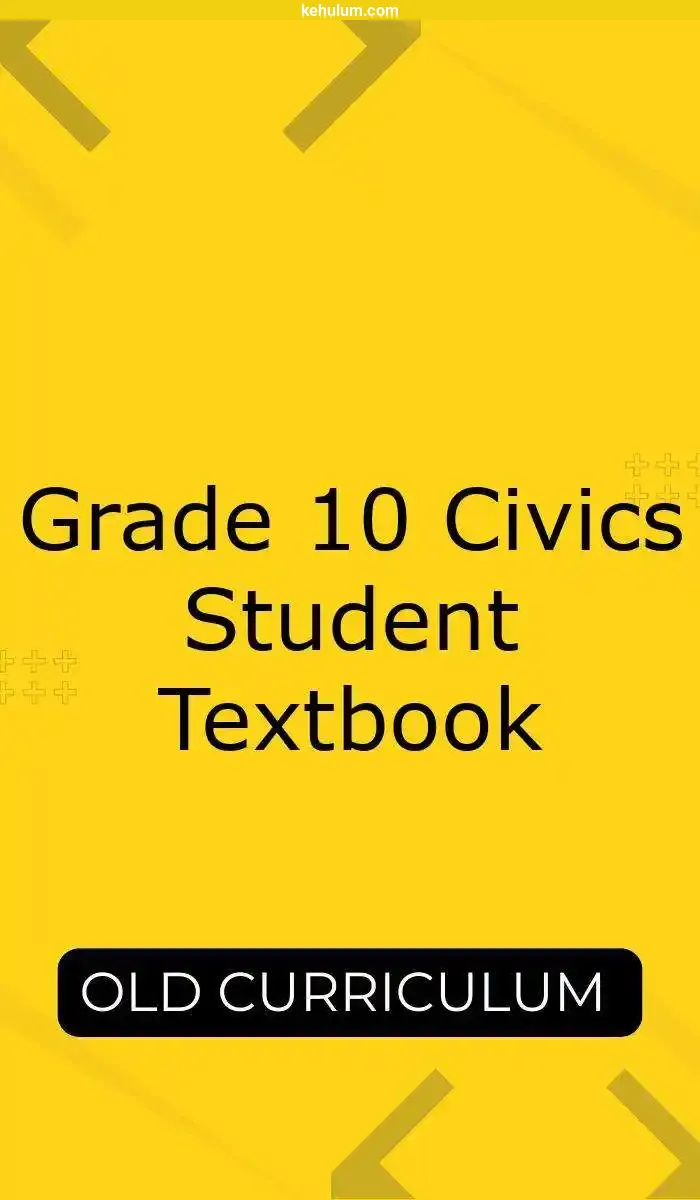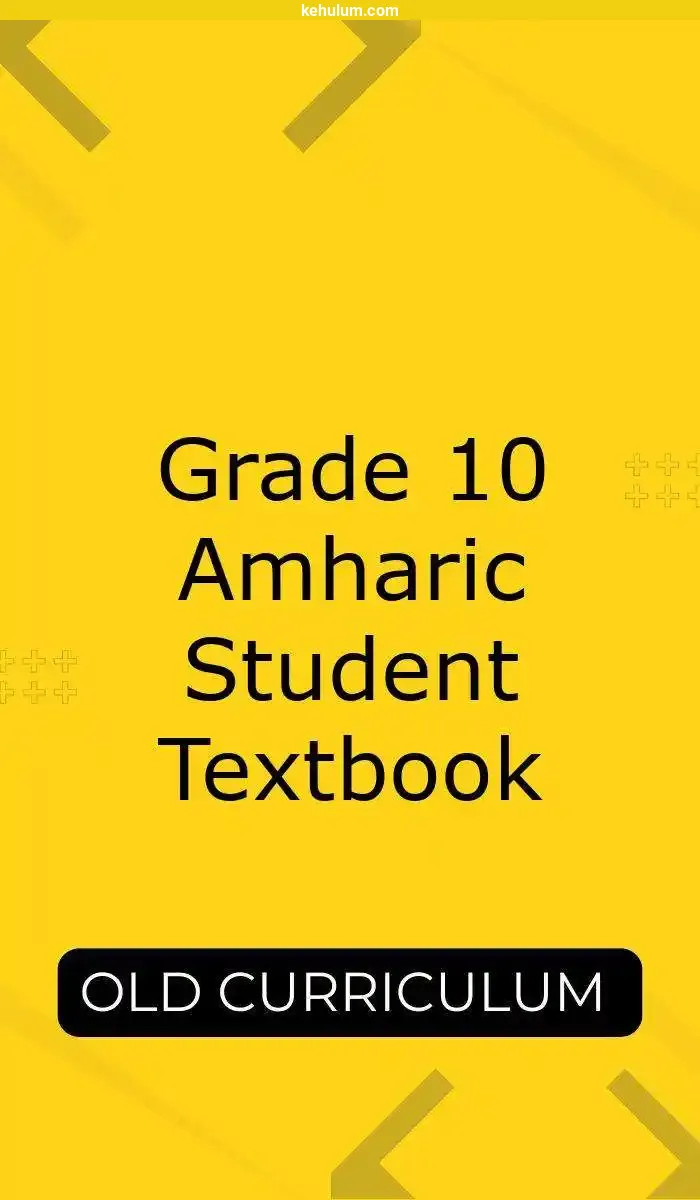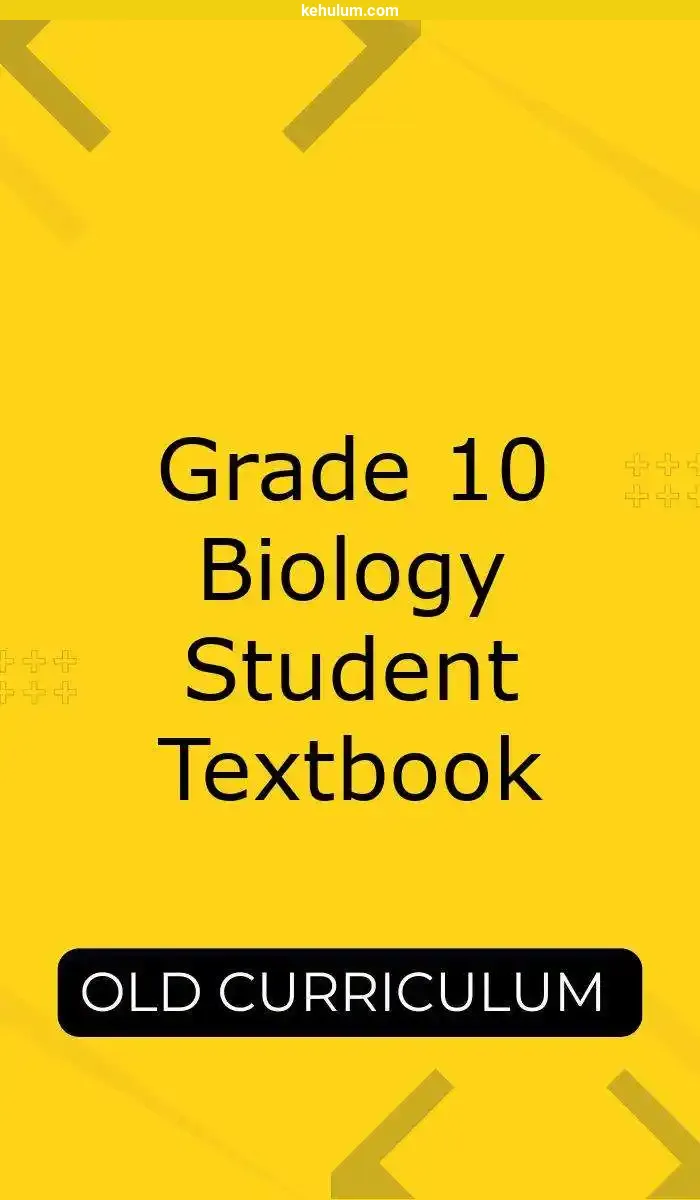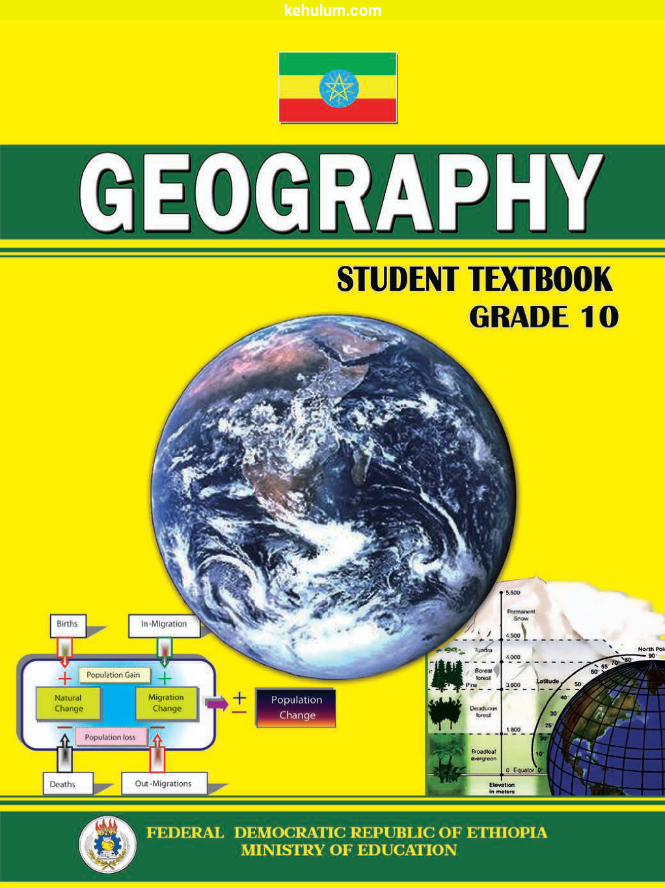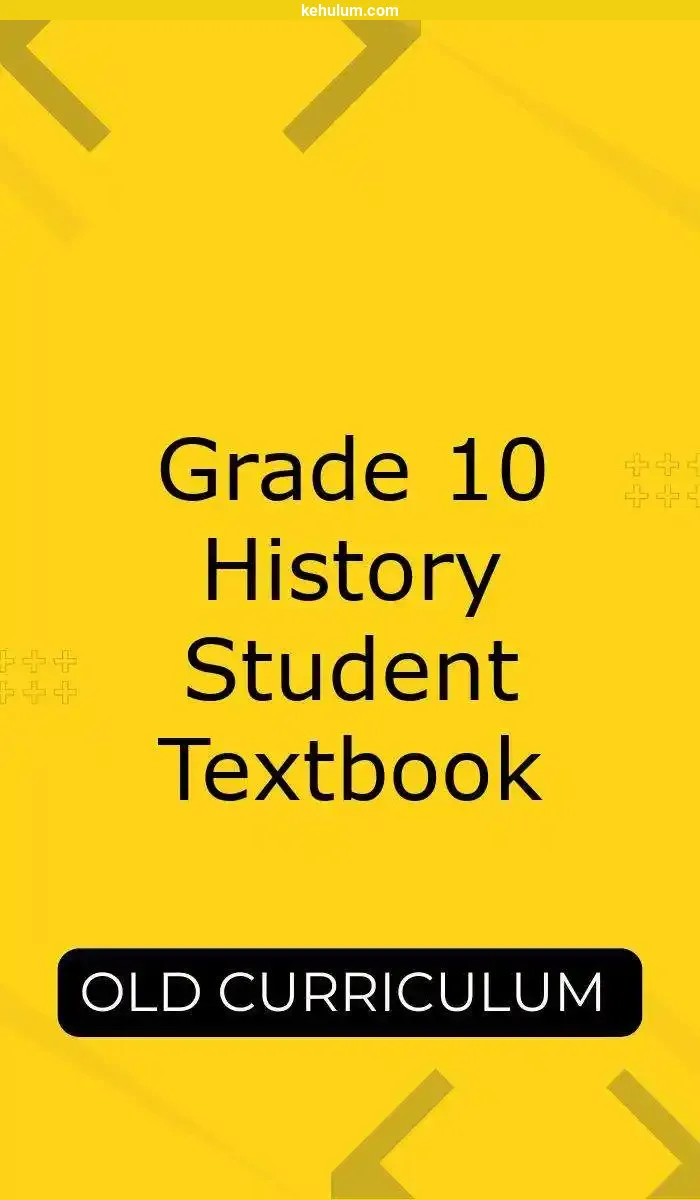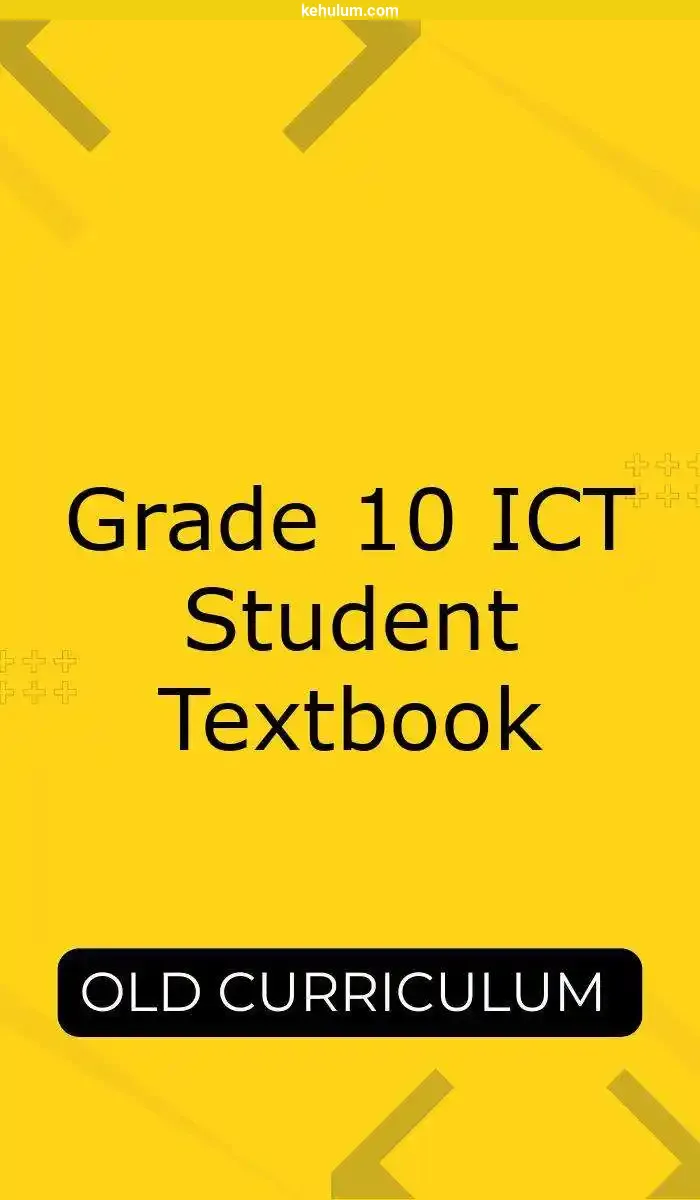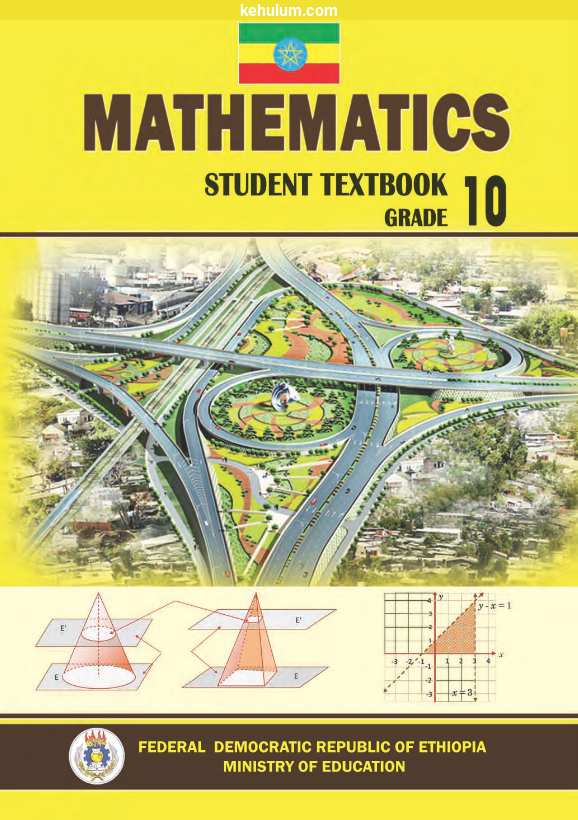The Ethiopian Grade 10 Old Curriculum Civics and Ethical Education subject contains 11 units:
- Unit 1: Building a Democratic System
- Unit 2: Rule of Law
- Unit 3: Equality
- Unit 4: Justice
- Unit 5: Patriotism
- Unit 6: Responsibility
- Unit 7: Industriousness
- Unit 8: Self-reliance
- Unit 9: Saving
- Unit 10: Active Community Participation
- Unit 11: The Pursuit of Wisdom
Let's see each chapters breakdown
Unit 1: Building a Democratic System
Introduces the foundations of democracy, including its principles, values, and the protection of citizens’ rights. Covers obligations, tolerance in diversity, the Ethiopian state structure, the role of federalism, and the country’s foreign relations.
Unit 2: Rule of Law
Explains the constitution as the legal backbone of governance, the importance of rule of law in limiting political power, and the dangers of its breakdown.
Unit 3: Equality
Explores the meaning of equality, its social effects, gender equality, and respect for cultural diversity. Students examine how equality supports unity and justice in a multi-ethnic society.
Unit 4: Justice
Covers the consequences of injustice, ensuring equal social services, categories of justice, judiciary roles, and the principle of fair taxation.
Unit 5: Patriotism
Defines patriotism in the Ethiopian context, connecting it to the common good, poverty reduction, and community volunteerism.
Unit 6: Responsibility
Highlights individual and collective responsibilities, consequences of actions, environmental and cultural heritage protection, and mobilizing against public health threats like HIV/AIDS.
Unit 7: Industriousness
Emphasizes work ethic, benefits of productivity, economic system choices, and skill development for personal and national growth.
Unit 8: Self-reliance
Encourages Students to rely on their own abilities, make informed decisions, and avoid dependency.
Unit 9: Saving
Covers traditional saving practices, managing household budgets, setting financial goals, and linking saving habits to career planning.
Unit 10: Active Community Participation
Promotes engagement in civic life through different participation levels and examines the role of civic organizations in national development.
Unit 11: The Pursuit of Wisdom
Connects knowledge to wisdom, introduces the three fundamental forms of knowledge, emphasizes the value of truthfulness, and promotes reading as a habit for lifelong learning.

